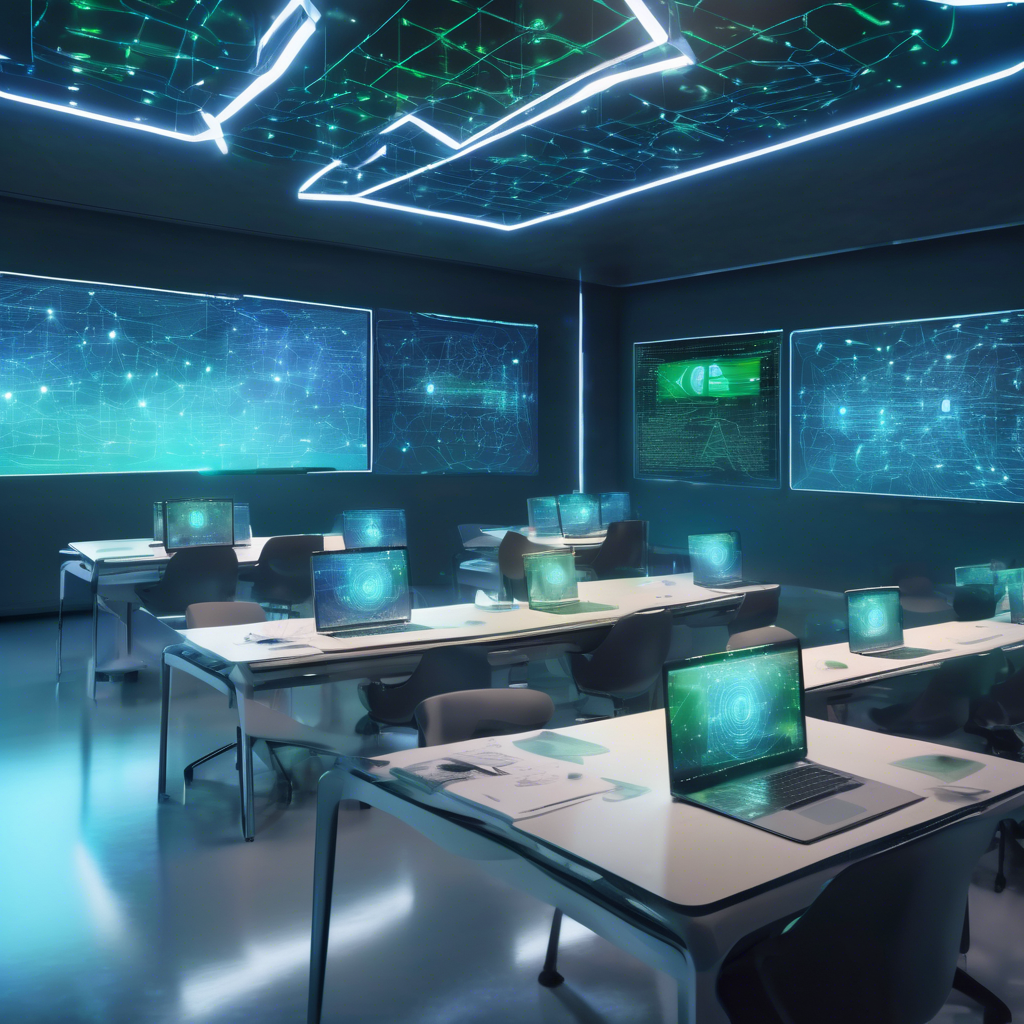The Challenge of Detecting AI-Generated Plagiarism in 2023

In January 2023, I began exploring AI-generated plagiarism and how to counter it. This updated article includes new insights since then. Initially, I tested three AI detectors: GPT-2 Output Detector, Writer. com AI Content Detector, and BrandWell AI Content Detection. The best accuracy was 66%. In October 2023, I added GPTZero, ZeroGPT, and Writefull’s GPT Detector, and later in 2024, QuillBot and Originality. ai. I also revisited Writer. com, which initially performed poorly but showed improved results. Reevaluations in October 2023 revealed inconsistent performances among detectors. AI-generated content blurs with human writing, making it hard for teachers and editors to identify plagiarism.
This complexity arises because AI can produce human-like text, which users might submit as their work without crediting the AI source, technically fulfilling the definition of plagiarism. Despite new tests and additional detectors, results showed inconsistent performance and a lack of reliability across tools. Human-written texts were often misidentified as AI-generated, and vice versa. Overall, only GPTZero and Originality. ai maintained 100% accuracy in this round. It's challenging to detect AI-produced text. Some methods include looking for repetitive patterns, lack of originality, or using plagiarism checkers like Turnitin, PlagScan, and Copyleaks. However, even specialized tools struggled to differentiate AI and human writing accurately. OpenAI’s own AI detection tool was withdrawn for inaccuracy, hinting at the difficulties in achieving reliable AI detection. Until tools improve, human judgment remains crucial in identifying AI-generated content. The debate continues: Should AI-generated text be seen as a threat or a tool in education and journalism?Ultimately, the responsible use and accurate identification of AI writings are essential to maintaining integrity in these fields.
Brief news summary
As of October 2023, advancements in detecting AI-generated plagiarism have been made, but challenges persist. Initial tools like the GPT-2 Output Detector and Writer.com often provided inconsistent results, leading to development of new tools such as GPTZero, ZeroGPT, and Writefull's GPT Detector. These newer tools show varied performance across different platforms. AI's sophisticated mimicking of human writing complicates detection, as its generated content frequently appears genuine. Studies indicate varying effectiveness among tools, making precise identification difficult. While GPTZero and Originality.ai demonstrate higher accuracy, tools like Grammarly and Writer.com yield inconsistent outcomes. Current detection methods, focused on identifying repetitive patterns and using plagiarism checkers, have limitations. Human involvement remains crucial in enhancing machine accuracy, underscoring the interplay between AI and human oversight in education and content creation. Fully detecting AI-generated plagiarism is still a challenge, necessitating collaboration between humans and technology to uphold originality and integrity.
AI-powered Lead Generation in Social Media
and Search Engines
Let AI take control and automatically generate leads for you!

I'm your Content Manager, ready to handle your first test assignment
Learn how AI can help your business.
Let’s talk!

Ending Food Lies: Blockchain Could Revolutionize …
An increasing number of experts warn that food fraud quietly siphons off up to $50 billion annually from the global food industry, posing serious health risks to consumers as well.

Anthropic CEO Criticizes Proposed 10-Year Ban on …
In a recent New York Times op-ed, Dario Amodei, CEO of Anthropic, voiced concerns about a Republican-backed proposal to impose a decade-long ban on state-level AI regulation.

Consultant Faces Trial Over AI-Generated Robocall…
Steven Kramer’s trial in New Hampshire has attracted considerable attention amid rising concerns about artificial intelligence’s (AI) role in political processes.

From clay tablets to crypto: Rethinking money in …
If money isn’t coins, bills, or even cryptocurrencies, then what truly defines it? This question lies at the core of this week’s episode of The Clear Crypto Podcast, where hosts Nathan Jeffay (StarkWare) and Adrian Blust (Tonal Media) interview Bill Maurer, dean of the UC Irvine School of Social Sciences and a prominent anthropologist specializing in finance.

New York Times Reaches AI Licensing Deal with Ama…
The New York Times has entered into a multiyear licensing agreement with Amazon, marking a major milestone as the newspaper's first deal of this kind with an artificial intelligence company.

A blockchain based deep learning framework for a …
E-learning has undergone a significant transformation, especially highlighted during crises like the COVID-19 pandemic, when it became essential globally.

AI in Healthcare: Enhancing Diagnostic Accuracy w…
Machine learning algorithms are transforming healthcare by greatly improving diagnostic accuracy.

 Auto-Filling SEO Website as a Gift
Auto-Filling SEO Website as a Gift








 Auto-Filling SEO Website as a Gift
Auto-Filling SEO Website as a Gift

